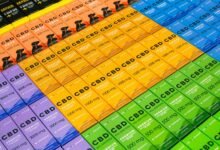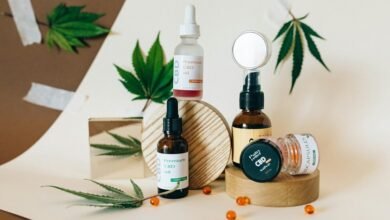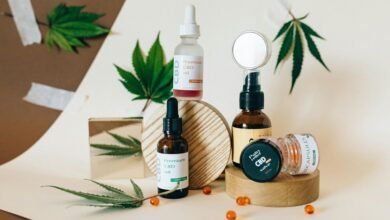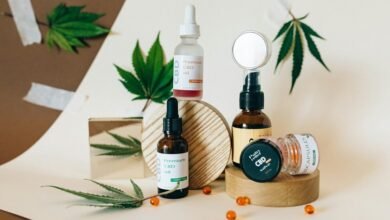Can You Od on Cbd Oil
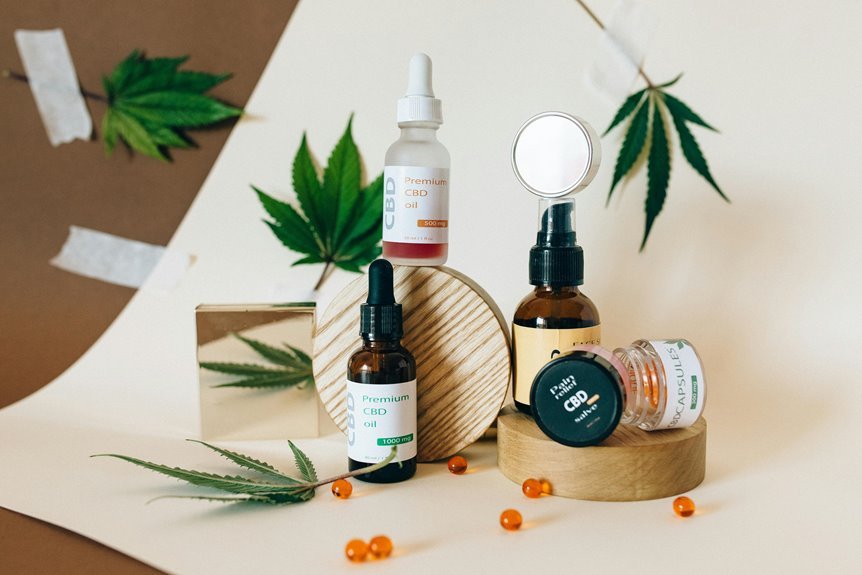
The topic of CBD oil and its potential for overdose raises important questions. While severe overdoses are rare, excessive use can lead to adverse effects such as fatigue and nausea. Individual responses to CBD can vary significantly, making it crucial to understand safe dosage levels. As users explore the boundaries of CBD consumption, recognizing the signs of overconsumption becomes essential. What guidelines should one follow to ensure a responsible experience with CBD products?
Understanding CBD and Its Effects
Although CBD oil has gained popularity for its potential health benefits, understanding its effects is crucial for users.
CBD benefits include anxiety relief, pain management, and anti-inflammatory properties.
However, users should also be aware of CBD risks, such as potential interactions with medications and variability in individual responses.
A thorough understanding of both aspects empowers users to make informed decisions regarding their health and wellness.
Determining Safe Dosage Levels
With the growing interest in CBD oil and its potential benefits, determining safe dosage levels is an important consideration for users.
Effective dosing varies significantly among individuals, influenced by factors such as body weight, metabolism, and individual tolerance.
It is advisable for users to start with a low dose, gradually increasing until the desired effects are achieved, ensuring safety and efficacy.
Signs of Overconsumption
While CBD is generally considered safe, overconsumption can lead to noticeable signs that users should be aware of.
Overdose symptoms may include fatigue, nausea, diarrhea, and changes in appetite.
Users are encouraged to adhere to dosage guidelines to avoid such effects.
Recognizing these signs is crucial for maintaining a balanced approach to CBD use, ensuring a safe and enjoyable experience.
Best Practices for Responsible Use
Recognizing the signs of overconsumption is the first step in ensuring a safe experience with CBD oil.
Responsible consumption involves starting with a low dose, gradually increasing as needed, and maintaining awareness of personal limits.
User education is vital; understanding product labels and effects empowers individuals to make informed choices, fostering a balanced relationship with CBD and promoting overall wellness.
Conclusion
In summary, while the risk of overdosing on CBD oil is minimal, understanding personal limits is crucial. Coincidentally, many users find that a gradual approach to dosage not only enhances their experience but also minimizes potential side effects. By adhering to recommended guidelines and being mindful of individual responses, users can navigate the world of CBD safely. Ultimately, a balanced approach may lead to unexpected benefits, making responsible use an essential aspect of the CBD journey.

